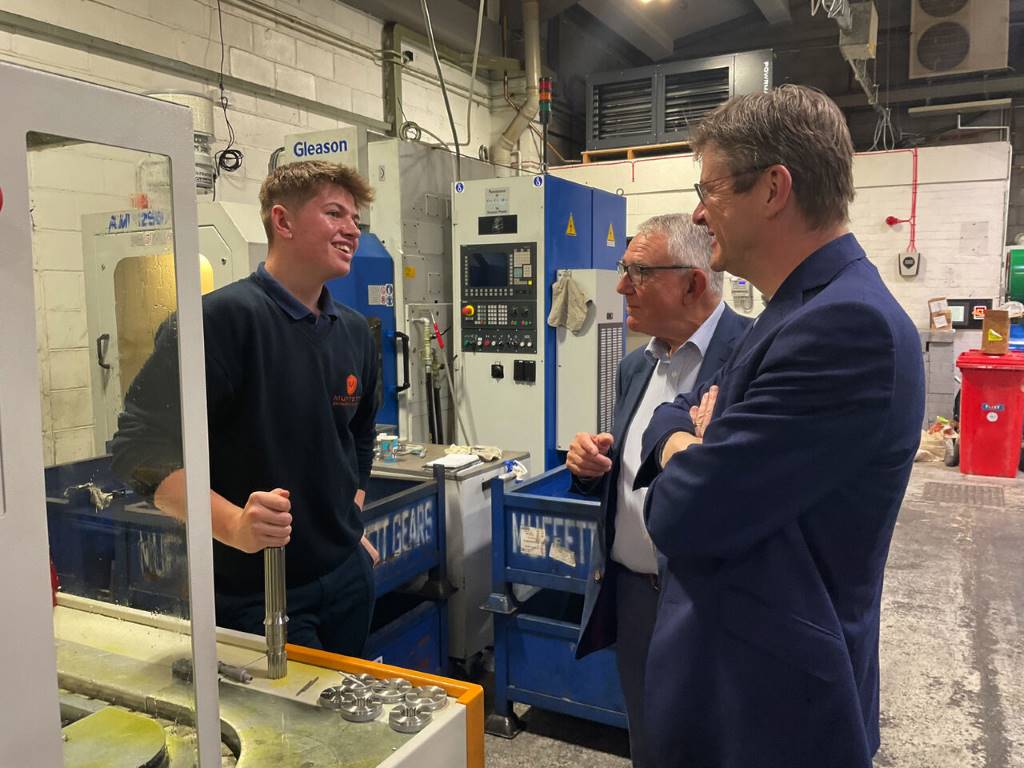85% of CEOs think AI will change their business in five years – Davos

A survey launched at the 2019 World Economic Forum Annual Meeting in Davos has found 85% of CEOs agree artificial intelligence (AI) will dramatically change their businesses over the next five years.
This is one of the key findings of PwC’s 22nd annual survey of CEOs around the world, launched at the World Economic Forum Annual Meeting in Davos.
This year’s survey took a deep dive into Data & Analytics and Artificial Intelligence (AI), two key areas on leaders’ radar, to get CEOs’ insights on the challenges and opportunities.
The survey of 1,300+ CEOs from around the world has found 85% agree AI will dramatically change their business over the next five years, nearly two-thirds view it as something that will have a larger impact than the internet.
Despite the bullish view on AI, 23% of CEOs currently have ‘no current plans’ to pursue AI, with a further 35% ‘planning to do so’ in the next three years. 33% have taken ‘a very limited approach’. Fewer than 1 in 10 CEOs have implemented AI on a wide scale.
When it comes to the impact AI will have on jobs, 88% of China’s CEOs believe AI will displace more jobs than it creates. Other Asia-Pacific CEOs are also pessimistic at 60%, compared to 49% globally. CEOs in Western Europe and North America are less doubtful, with 38% and 41% believing AI will displace more jobs than it creates.
“Although organisations in Asia-Pacific, North America, and Western Europe have reported comparable levels of AI adoption, we see a growing divide over their belief about the potential impacts of AI on society and the role government should play in its development,” commented Bob Moritz, global chairman, PwC.
This year’s survey also revisited questions about data adequacy first asked in 2009. It was found that CEOs continue to face issues with their own data capabilities, resulting in a significant information gap that remains ten years on. Despite billions of dollars of investments made in IT infrastructure over this time period, CEOs report still not receiving comprehensive data needed to make key decisions about the long-term success and durability of their business.
Leaders’ expectations have certainly risen as technology advances, but CEOs are keenly aware that their analysis capabilities have not kept pace with the volume of data which has expanded exponentially over the past decade. When asked why they do not receive comprehensive data, CEOs point to the ‘lack of analytical talent’ (54%), followed by ‘data siloing’ (51%), and ‘poor data reliability’ (50%) as the primary reasons.
When it comes to closing the skills gap in their organisation, CEOs agree that there is no quick fix. Forty-six percent see significant retraining and upskilling as the answer, with 17% also citing establishing a strong pipeline directly from education as an option.
“As technological changes continue to disrupt the business world, people with strong data and digital skills are in even higher demand and increasingly harder to find,” shared Moritz. “That said, the need for people with soft skills is also critical, which is why business, government and educational institutions need to work together to address the demands of the evolving workforce.”
PWC www.pwc.com













